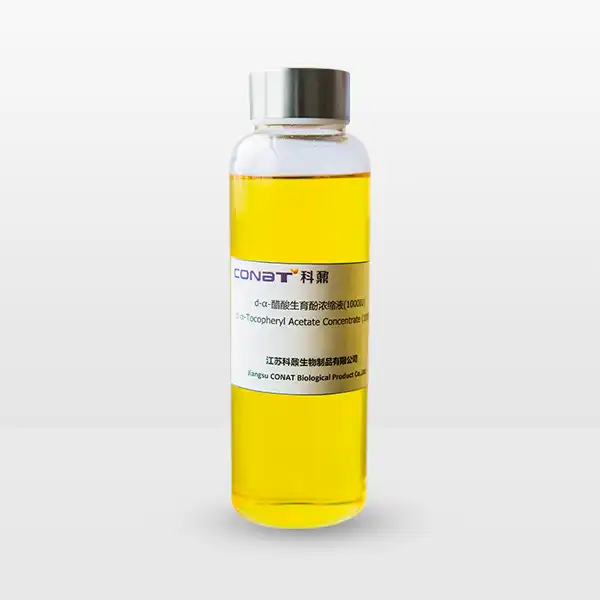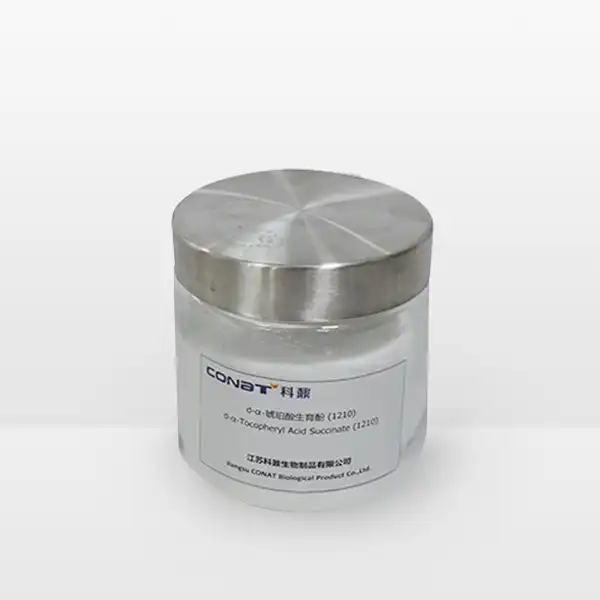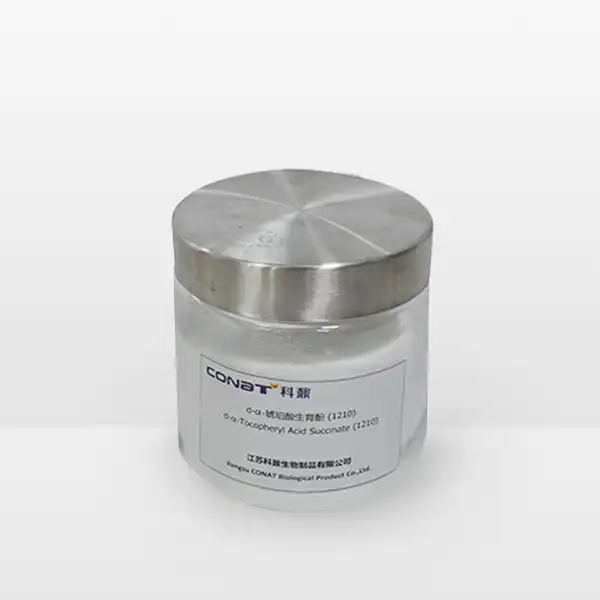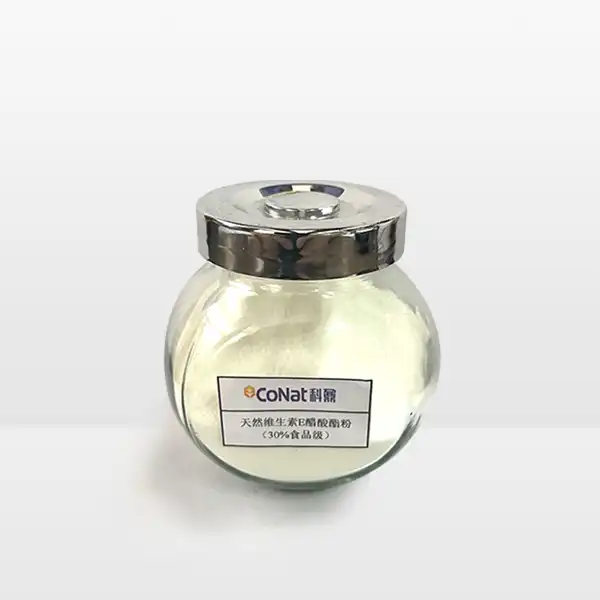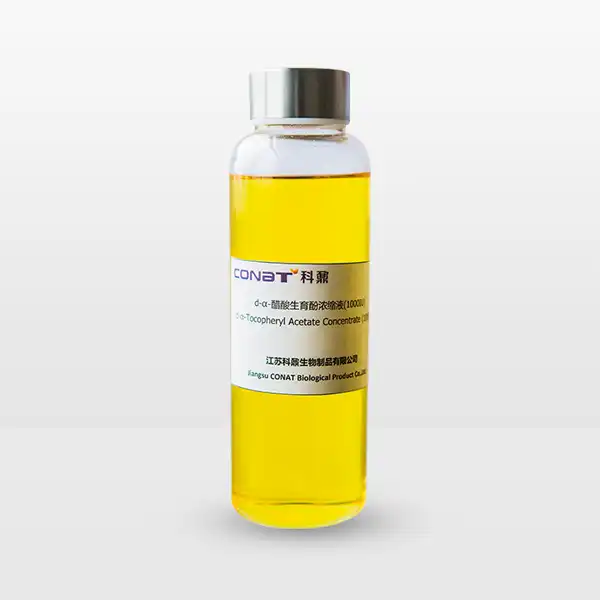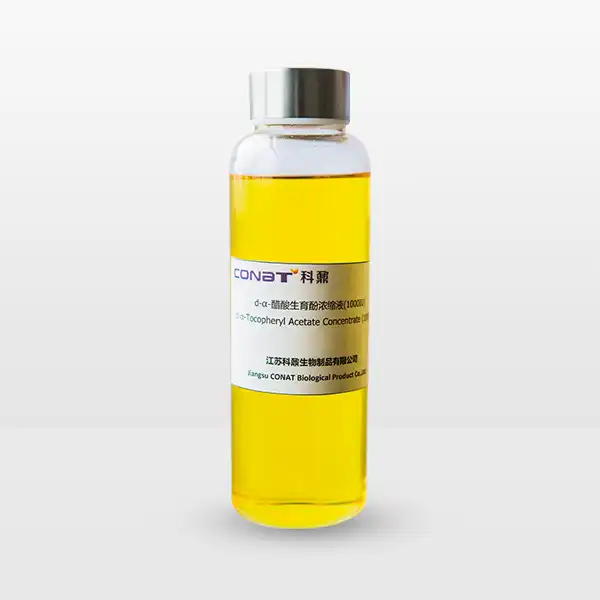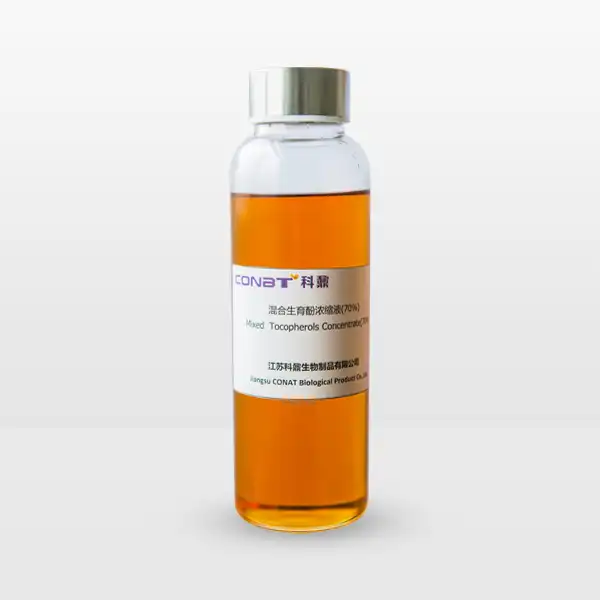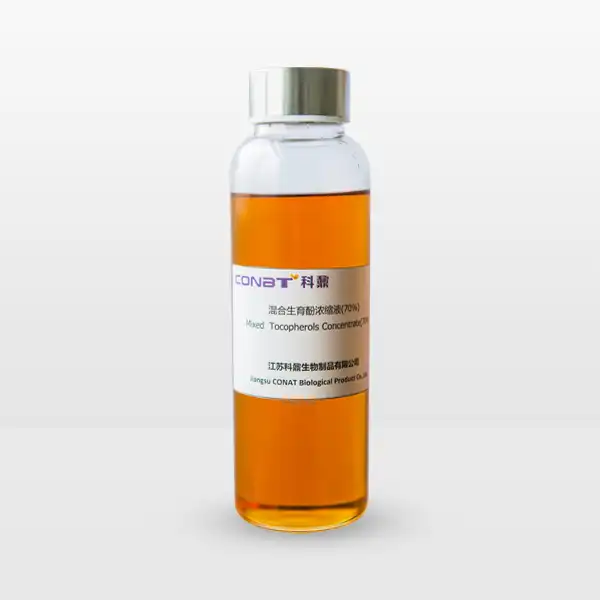- English
- French
- German
- Portuguese
- Spanish
- Russian
- Japanese
- Korean
- Arabic
- Greek
- German
- Turkish
- Italian
- Danish
- Romanian
- Indonesian
- Czech
- Afrikaans
- Swedish
- Polish
- Basque
- Catalan
- Esperanto
- Hindi
- Lao
- Albanian
- Amharic
- Armenian
- Azerbaijani
- Belarusian
- Bengali
- Bosnian
- Bulgarian
- Cebuano
- Chichewa
- Corsican
- Croatian
- Dutch
- Estonian
- Filipino
- Finnish
- Frisian
- Galician
- Georgian
- Gujarati
- Haitian
- Hausa
- Hawaiian
- Hebrew
- Hmong
- Hungarian
- Icelandic
- Igbo
- Javanese
- Kannada
- Kazakh
- Khmer
- Kurdish
- Kyrgyz
- Latin
- Latvian
- Lithuanian
- Luxembou..
- Macedonian
- Malagasy
- Malay
- Malayalam
- Maltese
- Maori
- Marathi
- Mongolian
- Burmese
- Nepali
- Norwegian
- Pashto
- Persian
- Punjabi
- Serbian
- Sesotho
- Sinhala
- Slovak
- Slovenian
- Somali
- Samoan
- Scots Gaelic
- Shona
- Sindhi
- Sundanese
- Swahili
- Tajik
- Tamil
- Telugu
- Thai
- Ukrainian
- Urdu
- Uzbek
- Vietnamese
- Welsh
- Xhosa
- Yiddish
- Yoruba
- Zulu
What plants have high phytosterols content?
Pure Phytosterol Particles are natural compounds found in various plants that share a structural resemblance to cholesterol. They play a significant role in reducing cholesterol levels in the body, contributing to heart health and overall well-being. As more people seek natural alternatives for health benefits, understanding which plants contain high phytosterol content becomes increasingly important. In this blog post, we will explore the plants rich in phytosterols, focusing on their benefits, sources, and how they can be utilized in our daily lives.
Understanding Phytosterols and Their Benefits
Pure Phytosterol Particles, also known as plant sterols, are organic compounds that can be found in the membranes of plant cells. Their chemical structure is similar to that of cholesterol, allowing them to compete with cholesterol for absorption in the digestive system. By doing so, they can help lower blood cholesterol levels and promote heart health.
Health Benefits of Phytosterols
The consumption of phytosterols has been linked to numerous health benefits. Research suggests that they can:
Lower LDL Cholesterol: Phytosterols inhibit the absorption of cholesterol in the intestines, leading to a decrease in LDL (low-density lipoprotein) cholesterol levels.
Improve Heart Health: By reducing cholesterol levels, phytosterols can lower the risk of cardiovascular diseases, contributing to a healthier heart.
Support Immune Function: Some studies indicate that phytosterols may enhance immune response, aiding in overall health maintenance.
The Role of Pure Phytosterol Particles
Pure phytosterol particles are derived from plant sources and concentrated to enhance their effectiveness. These particles can be found in various supplements and food products, allowing consumers to easily integrate phytosterols into their diet. Using pure phytosterol particles can maximize the health benefits associated with these compounds.
Plants High in Phytosterols
Numerous plants are recognized for their highPure Phytosterol Particles content. Below, we delve into some of the most notable sources.
1. Nuts and Seeds
Nuts and seeds are among the richest sources of phytosterols. They are not only nutritious but also versatile, making them easy to incorporate into various dishes.
a. Almonds: Almonds are a powerhouse of nutrients, containing significant amounts of phytosterols, particularly beta-sitosterol. Regular consumption can help reduce cholesterol levels and provide healthy fats.
b. Walnuts: Walnuts are another excellent source of phytosterols, particularly campesterol and stigmasterol. These compounds contribute to their heart-healthy profile, making walnuts a great addition to any diet.
c. Pumpkin Seeds: Pumpkin seeds are often overlooked but are incredibly rich in phytosterols. They contain a variety of beneficial compounds, making them a nutritious snack option.
2. Vegetable Oils
Certain vegetable oils are high in Pure Phytosterol Particles , making them a great choice for cooking and salad dressings.
a. Corn Oil: Corn oil is one of the oils with the highest phytosterol content, particularly in the form of beta-sitosterol. It can be used in various culinary applications, enhancing both flavor and health benefits.
b. Olive Oil: Olive oil, especially extra virgin, contains a moderate amount of phytosterols. It's well-known for its heart-healthy benefits and is a staple in Mediterranean diets.
c. Canola Oil: Canola oil is another oil rich in phytosterols, making it an excellent choice for baking and frying. Its mild flavor makes it versatile for many dishes.
3. Fruits and Vegetables
Fruits and vegetables also contribute to dietary phytosterols, though in smaller amounts compared to nuts and oils.
a. Avocado: Avocado is not only creamy and delicious but also high in phytosterols. It provides healthy fats and numerous vitamins and minerals, making it a nutritional powerhouse.
b. Brussels Sprouts: Brussels sprouts are a cruciferous vegetable rich in phytosterols. They can be roasted, steamed, or incorporated into salads for a nutrient boost.
c. Spinach: Spinach is another green leafy vegetable that contains phytosterols. It’s versatile and can be added to smoothies, salads, or cooked dishes for added health benefits.
Incorporating Phytosterols into Your Diet
Integrating plants high in Pure Phytosterol Particles into your diet is simple and delicious. Here are some practical ways to do so:
Snack on Nuts and Seeds:Enhance your daily snacking routine by incorporating a small portion of nuts or seeds. These nutrient-dense options can be savored in their natural raw state, transformed with a roast for a crispy texture, or blended into yogurt for a crunchy addition, and can also be sprinkled over oatmeal for a protein-rich start to your day.
Use Healthy Oils: Choose phytosterol-rich oils for cooking. Use olive oil or canola oil for sautéing vegetables or drizzling over salads. Avocado's versatility makes it a valuable addition to both sweet and savory meals, contributing to a more nutritious and delicious eating experience.
Add Avocado to Meals: Add avocado to your culinary repertoire by including it in sandwiches, salads, or smoothies. Its luxuriously smooth texture and satisfyingly rich flavor not only enhance the taste of a variety of dishes but also provide a boost of healthy fats and essential nutrients.
Cook with Vegetables: Incorporate a variety of vegetables rich in phytosterols into your diet for added health benefits. Try enhancing your culinary creations by roasting Brussels sprouts to bring out their nutty flavor, or incorporate spinach into your soups for a nutrient boost. These simple adjustments can significantly improve the nutritional profile of your meals.
Consider Supplements: If you find it challenging to obtain enough phytosterols through diet alone, consider incorporating pure phytosterol particles into your supplement routine. Always consult with a healthcare professional before starting any new supplement.
Conclusion
Understanding which plants have high Pure Phytosterol Particles content can significantly impact your health. Incorporating these natural compounds into your diet can help manage cholesterol levels and support overall well-being. Whether you choose to snack on nuts, drizzle oils over your meals, or enjoy a salad with avocado, you can easily enhance your intake of phytosterols. For more information on our high-quality phytosterol products, including pure phytosterol particles, feel free to contact us at sales@conat.cn.
References
-
"Phytosterols: Health Benefits and Sources",2012
-
"The Role of Phytosterols in Heart Health",2022
-
"Natural Sources of Phytosterols: A Comprehensive Review",2019
-
"Effects of Phytosterols on Cholesterol Metabolism",2023
-
"Phytosterols: A Review of Their Benefits and Uses",2017
-
"Dietary Phytosterols and Cardiovascular Disease Prevention",2015
YOU MAY LIKE
